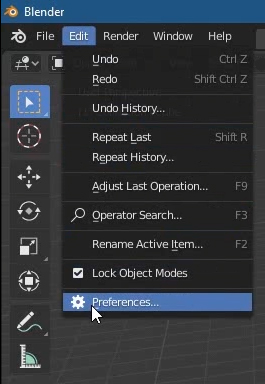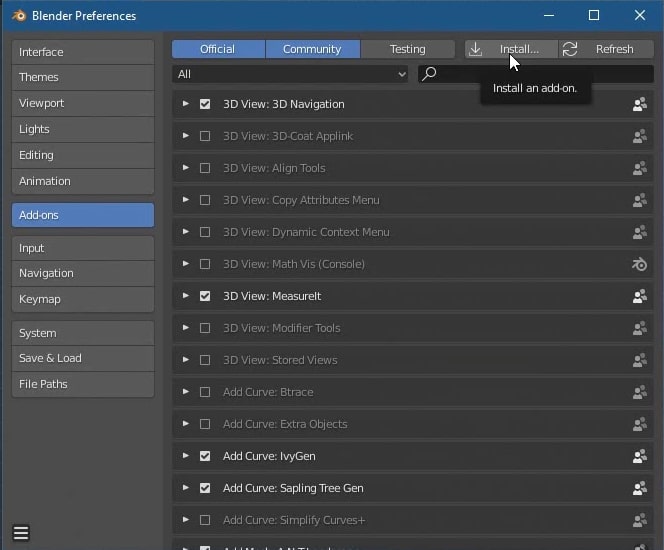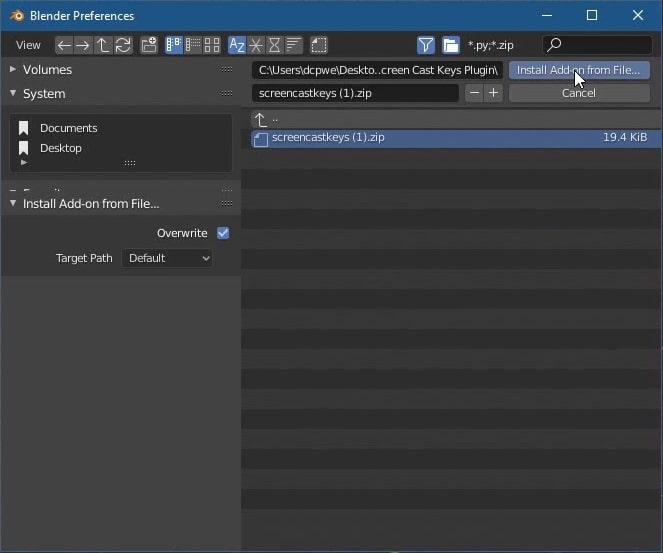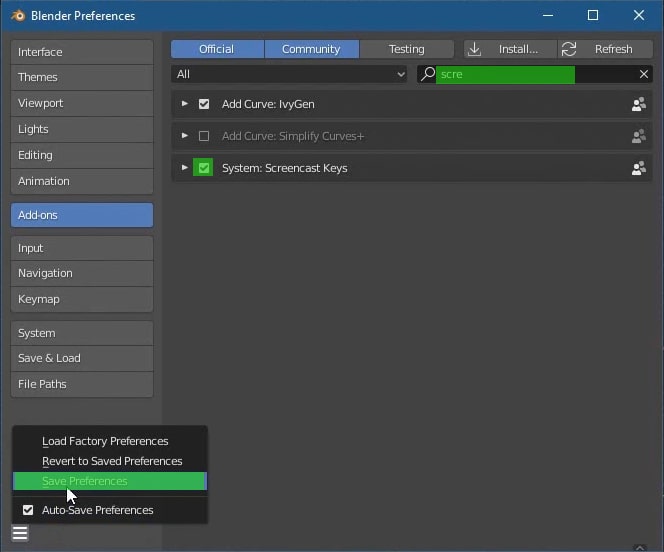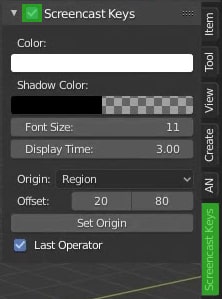The Role of Web Developers in Building SEO-Friendly Websites
Introduction to SEO and Web Development
Search engine optimisation (SEO) and web development are deeply connected. While content and backlinks are essential for SEO, the technical foundation laid by web developers plays a crucial role in how well a website performs in search engines. A well-developed website ensures that all on-page elements are SEO-friendly from the start. At DCP Web Designers, we understand that SEO success begins in the coding process. Our developers build websites that are not only visually appealing but also structured for maximum visibility in search engine results.
What Is SEO and Why It Matters for Web Design
The Evolving Responsibilities of Modern Web Developers
Modern web developers are expected to go beyond coding and design—they must also consider SEO, performance, and user experience. At DCP Web Designers, our developers:
-
Use semantic HTML to improve content structure
-
Optimise page loading speed with minified code and compressed assets
-
Ensure websites are mobile-friendly
-
Integrate schema markup for better search engine understanding
The role of a web developer has shifted from simply building pages to ensuring that every technical aspect contributes to online visibility and ranking potential.
How Web Developers Impact On-Page SEO
On-page SEO refers to elements within your website that influence its search ranking. Developers have direct control over many of these elements during the build process. At DCP Web Designers, we focus on:
-
Clean and semantic HTML
-
Optimised title tags and meta descriptions
-
Proper header tag hierarchy
-
Accessible and responsive layout
By structuring the website correctly from the start, developers make it easier for search engines to index the content and understand its relevance, boosting the site’s visibility.
Why Semantic Tags Help with Search Engine Understanding
<article>, <header>, <footer>, and <nav> help search engines identify different content sections. This improves the indexing process and enables rich search features like featured snippets. Developers at DCP Web Designers use semantic markup to:Clear, meaningful markup bridges the gap between raw code and search engine interpretation.
Improving Crawlability with Well-Structured Code
Search engines use crawlers to index web pages. Poorly structured code can prevent content from being indexed properly. Clean code:
-
Speeds up crawl times
-
Reduces errors in indexing
-
Supports dynamic and static site components
DCP Web Designers ensures that your website is built with SEO-friendly code, helping search engines crawl and rank your content efficiently.
Site Speed and Performance Optimisation
Fast-loading websites provide better user experience and rank higher in Google. Developers play a central role in improving site speed by:
-
Reducing HTTP requests
-
Compressing images and files
-
Minifying CSS, JavaScript, and HTML
-
Implementing caching strategies
At DCP Web Designers, we also integrate content delivery networks (CDNs) and lazy loading techniques to deliver faster pages without sacrificing design quality.
Lazy Loading, Caching and CDN Integration
Modern developers use performance-enhancing strategies to improve loading times and reduce bounce rates. These include:
-
Lazy loading images to defer off-screen content
-
Setting up browser caching to speed up repeat visits
-
Using CDNs to deliver content from servers closer to users
Each of these techniques enhances your website’s SEO by improving overall performance and page load time.
Mobile-Friendly Design and SEO
Google now uses mobile-first indexing, which means it prioritises the mobile version of your website when ranking pages. Developers must ensure websites adapt seamlessly across all screen sizes.
Responsive Design Principles
A responsive website adjusts automatically to different devices and screen sizes. Developers achieve this by:
-
Using fluid grids and flexible layouts
-
Implementing CSS media queries
-
Testing across devices
At DCP Web Designers, every website we build is mobile-optimised to ensure excellent usability and SEO performance.
Google’s Mobile-First Indexing Explained
Mobile-first indexing means Google predominantly uses the mobile version of your site to determine ranking. This makes mobile optimisation a non-negotiable requirement. Our developers ensure:
-
Fast mobile page speeds
-
Optimised mobile navigation
-
Proper font scaling and touch targets
A mobile-friendly website is no longer optional—it is a ranking factor that directly impacts visibility.
URL Structure and Technical SEO
The structure of URLs can affect how well search engines understand and rank your pages. A well-structured URL provides clarity and helps users navigate your site.
Creating Clean and Descriptive URLs
Clean URLs are short, readable, and keyword-rich. Developers should avoid special characters, unnecessary parameters, or long ID strings. Good examples include:
DCP Web Designers ensures your URL slugs are SEO-friendly and reflect the content on each page clearly.
Canonical Tags and Duplicate Content Prevention
Duplicate content can hurt rankings. Developers use canonical tags to tell search engines which version of a page is the primary one. This prevents confusion and improves crawl efficiency. At DCP Web Designers, we:
-
Add canonical tags to similar pages
-
Configure redirects properly
-
Avoid indexing thin or duplicate content
These practices protect your site’s SEO integrity.
JavaScript, Interactivity and SEO Challenges
JavaScript adds interactivity to websites, but it can also create SEO challenges if not implemented properly. Google may struggle to index content rendered via JavaScript alone.
Progressive Enhancement vs. Full JavaScript Rendering
Progressive enhancement ensures core content is visible even if JavaScript fails to load. At DCP Web Designers, we prioritise:
-
Rendering important content server-side
-
Using JavaScript only for non-essential enhancements
-
Ensuring fallbacks are in place
This approach maintains usability and SEO performance.
Server-Side Rendering (SSR) for Better SEO
Server-side rendering means the server sends fully rendered HTML to the browser, which improves load speed and SEO. Benefits include:
-
Better indexing of dynamic content
-
Faster perceived page loads
-
Improved crawlability
We apply SSR techniques when necessary to deliver both performance and SEO benefits.
Schema Markup and Structured Data Implementation
Structured data helps search engines understand the context of your content. It also enables rich results like star ratings, product info, and FAQs.
Adding Rich Snippets Using Schema.org
Our developers use schema markup to add structured data elements to your web pages, including:
-
Organisation details
-
Service listings
-
Blog post information
This markup improves click-through rates by enhancing your search result listings.
Common Schema Types Used by Developers
Popular schema types implemented by DCP Web Designers include:
-
Local Business
-
Breadcrumb
-
Product
-
FAQ
We use tools like Google’s Rich Results Test to validate and refine the structured data implementation.
Web Accessibility and Its SEO Benefits
Accessible websites cater to all users, including those with disabilities. Accessibility also enhances SEO by improving usability and content clarity.
ARIA Labels, Alt Text and Keyboard Navigation
Developers use ARIA roles and attributes to describe content for screen readers. Other accessibility techniques include:
-
Alt tags for images
-
Tab-friendly navigation
-
Text-to-speech compatibility
These not only support inclusivity but also improve search engine understanding and performance.
The SEO Correlation with Accessibility
Google values websites that are easy to use and understand. By making your site accessible, you gain:
-
Better user experience
-
Higher engagement metrics
-
Enhanced SEO ranking signals
At DCP Web Designers, accessibility is built into every project we deliver.
Developer Collaboration with SEO Specialists
SEO is not a one-person job. Developers must work closely with content strategists and SEO consultants to achieve optimal results.
Integrating SEO Requirements During the Build
From the start, our developers:
-
Embed keywords in headings and meta content
-
Structure content for readability
-
Ensure fast, secure and mobile-first delivery
This collaboration results in a cohesive SEO strategy that’s baked into the website’s architecture.
Using Tools Like Yoast or Rank Math with Custom Themes
We develop custom WordPress themes that integrate seamlessly with SEO plugins like Yoast and Rank Math. Our approach ensures:
-
Dynamic meta tag generation
-
Automated sitemap updates
-
Custom schema integration
This empowers our clients to manage on-page SEO with ease.
Conclusion: Why Skilled Developers Are Essential for SEO Success
Technical SEO success starts with how a website is built. From code structure and page speed to mobile optimisation and accessibility, web developers shape the foundation of SEO. At DCP Web Designers, we combine development expertise with search engine best practices to deliver websites that are built for success. By collaborating with SEO professionals and using the latest tools and techniques, our developers ensure your website is ready to compete in search engine rankings.
Related Services
Custom Web Development Services
Learn more about our bespoke website development services that prioritise SEO and performance.
WordPress Website SEO Integration
Discover how our WordPress Website Design services include SEO-focused development and plugin integration.
Website Performance Optimisation
Explore our Website Speed Optimisation solutions to ensure your site loads quickly and ranks well in Google.
Let me know if you'd like me to write a 160-character meta description or create a featured image caption to support this blog.













